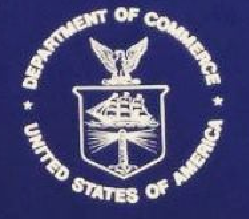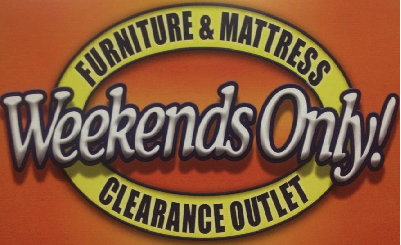Chicago, Illinois – The Seventh Circuit affirmed the denial of attorneys’ fees under the Lanham Act by the District Court for the Southern District of Illinois.
Plaintiff William Burford and Defendant Accounting Practice Sales, Inc. (“APS”) were parties to a contract under which Burford had agreed to market and facilitate the purchase and sale of accounting practices on behalf of APS. APS terminated the contract. Shortly thereafter, Burford started a competing business. For this business, Burford chose the name “American Accounting Practice Sales.” Burford also sued APS and Gary Holmes, the owner of APS, for breach of contract.
In response to Burford’s contract-claims lawsuit, APS filed a four-count counterclaim. Included in those counterclaims was an allegation that Burford had misappropriated APS’s trade name in violation of the Lanham Act, 15 U.S.C. § 1051 et seq. by using the business name “American Accounting Practice Sales.”
The district court held for APS on the contract claim, reasoning that the contract between the parties was of indefinite duration and was therefore terminable at will. After this ruling in favor of APS, but before the district court could consider the counterclaim, APS voluntarily dismissed its counterclaim under the Lanham Act with prejudice.
Burford then contended that, as the prevailing party on the Lanham Act claim, he was entitled to attorneys’ fees under 15 U.S.C. § 1117(a), asserting that APS’s pursuit of the Lanham Act claim was meritless and amounted to an abuse of process. The district court refused to grant attorneys’ fees on the theory that APS’s claim under the Lanham Act claim could have been pursued by a rational party seeking to protect its trademark.
Burford appealed. As part of his appeal, he asked the Seventh Circuit to reverse the district court’s denial of his request for attorneys’ fees under the Lanham Act. Circuit Judges William J. Bauer and David F. Hamilton, and District Court Judge Sara L. Ellis, sitting by designation, heard the matter.
The Seventh Circuit first held that the district court had erred in holding that the contract had not been breached. While indefinite-term contracts are by default terminable at will, it noted that the parties had contracted around that general rule by providing that APS could terminate the contract only if Burford violated the terms of the contract. On this issue, the Seventh Circuit reversed the district court.
On the question of attorneys’ fees, the Seventh Circuit affirmed the district court. Under 15 U.S.C. § 1117(a)(3), district courts have the discretion to award attorneys’ fees to those prevailing under the Act in “exceptional cases.” Such an “exceptional case” within the meaning of the Lanham Act can be found in those cases where the district court determines that the decision to bring the claim could be called an abuse of process.
In turn, such an abuse of process can be discerned in cases where, for example, “a rational litigant would pursue [the claim] only because it would impose disproportionate costs on his opponent” or where there was evidence that the party advancing the Lanham Act claim had done so “to obtain an advantage unrelated to obtaining a favorable judgment.”
The Seventh Circuit noted that Burford had failed to persuade the district court that the pursuit of the claim was objectively unreasonable or was intended to harass or to obtain an advantage unrelated to winning a favorable judgment. Consequently, because decision whether to award attorneys’ fees under the Lanham Act is left to the district court’s sound discretion, the lower court’s refusal to grant such fees was affirmed.










